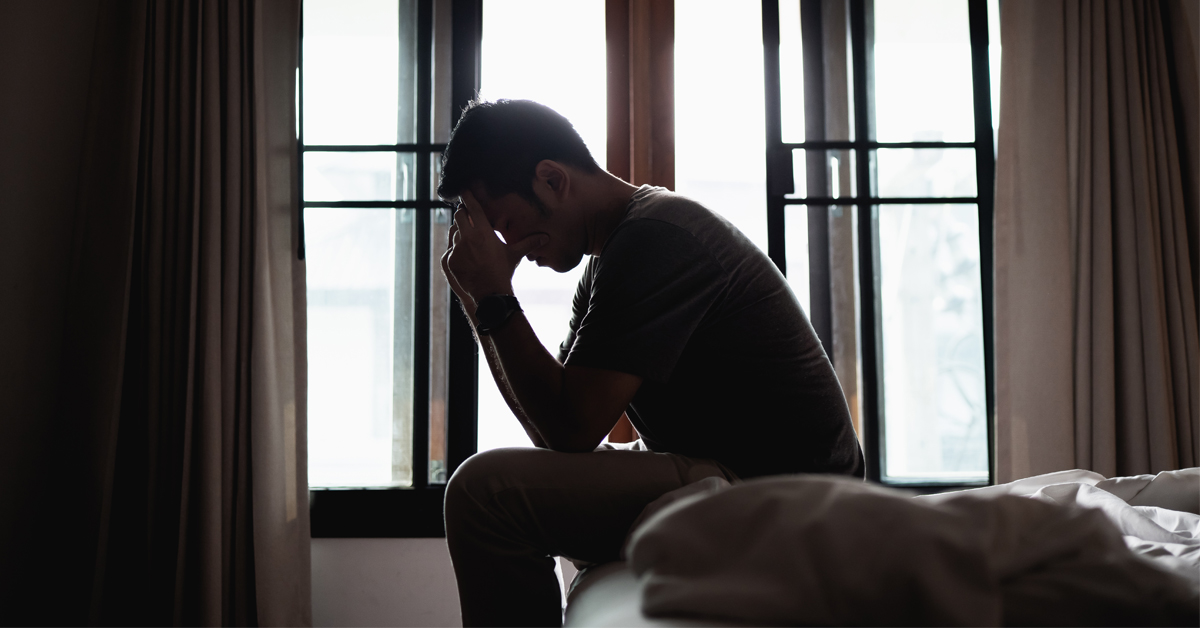
Many men experience symptoms of low testosterone, but it is easy to pass these symptoms off as another health condition or even just blame them on the natural process of aging. But the truth is low testosterone levels can result in symptoms that just shouldn’t be ignored. Here are ten symptoms of low testosterone to be aware of.
What is Testosterone?
Testosterone is the primary sex hormone found in men. It plays a significant role in the male body, and if levels drop below average, men can experience a wide variety of symptoms.
Symptoms of Low Testosterone
- Fatigue: Fatigue or lack of energy is a common symptom of low testosterone. Most men with low testosterone report feeling like they just do not have the same amount of energy as they used to, which can often be attributed to normal aging and easily ignored. Other men report feeling tired even after getting adequate rest at night and may even need a nap during the middle of the day.
- Reduced Sex Drive and Erectile Dysfunction: Men with low testosterone tend to experience a decrease in their sex drive and even difficulty achieving or maintaining an erection. This is because testosterone is responsible for stimulating the tissue in the penis to produce an erection. Sexual dysfunction should never be ignored as it can also be due to other conditions that should be evaluated by your doctor, such as smoking, thyroid problems, heart disease, high blood pressure, certain medications, and alcohol consumption.
- Depression or Mood Changes: The connection between low testosterone levels and depression or mood changes is not entirely understood. But what we do know is that testosterone levels in men play a critical role in helping them feel good, so when testosterone levels are low, many men struggle with a general sense of feeling unwell, which can often translate into mood changes and depression.
- Sleeping Difficulties: Men with lower-than-normal testosterone levels can often experience sleep difficulties, including trouble falling or staying asleep. Low testosterone levels in men have also been associated with sleep apnea, a condition that causes people to stop breathing temporarily while sleeping. It can result in frequent nighttime wakings and daytime sleepiness.
- Hair Loss: Hair loss can be a natural part of aging for many men, so it can often go ignored or overlooked, but some men have reported an increased rate of hair loss when their testosterone levels are lower than they should be.
- Loss of Muscle Mass: Testosterone helps to build and maintain strong muscles in the male body, so reduced testosterone levels can result in loss of muscle mass and muscle strength. Many men with low testosterone levels report that when working out, they tire easily and do not see the results that they usually would expect with physical exercise.
- Increased Body Fat: Low testosterone levels in men can result in increased body fat, especially around the midsection. Some men even report that their low testosterone levels cause enlargement of the breast tissue, also known as gynecomastia.
- Reduced Bone Mass: Testosterone helps men maintain a healthy bone mass. So, when testosterone levels are low, men can experience an increased risk of osteoporosis, a condition that causes bones to become fragile and break more easily. As a result, men with low testosterone frequently experience fractures, especially in the hips and spine.
- Infertility: Low levels of testosterone can impact fertility by reducing the body’s ability to produce healthy sperm. It can also cause a decrease in sexual desire and difficulty maintaining an erection. If you have been struggling with infertility, it may be a good idea to look further into low testosterone levels as the cause.
- Anemia: Although anemia can be related to many other conditions, men with low testosterone levels can experience anemia more frequently than those with normal levels. This is because testosterone helps the body produce healthy red blood cells, so when the body does not produce enough testosterone, men experience anemia.
Get Checked for Low Testosterone
If you have been experiencing any of these symptoms and think they could be due to low testosterone levels, it’s time to talk with a doctor. An experienced urologist can help identify if Low T is the cause of your symptoms and provide effective treatment options, including testosterone replacement therapy (TRT).
Don’t continue to suffer with the symptoms of low testosterone – schedule an appointment today!
